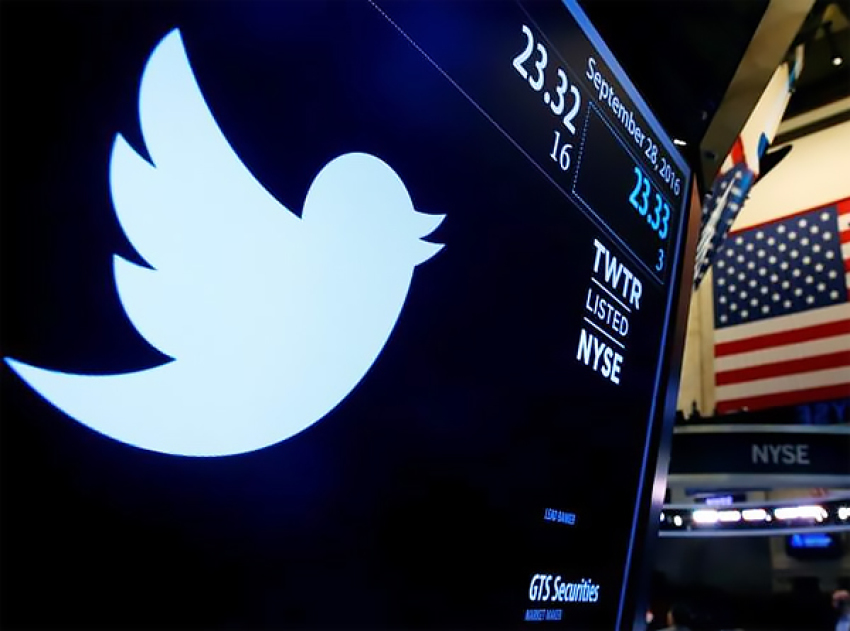Sex trafficking victims can sue Twitter for not removing child porn videos, Judge rules

A federal judge in California has allowed a lawsuit against Twitter filed on behalf of two victims of child sexual abuse to move forward, having partly denied a motion by the social media platform to dismiss the complaint.
In an order released Thursday, U.S. District Court Judge Joseph Spero ruled that the two victims in the case “have stated a claim for civil liability under the” Fight Online Sex Trafficking Act of 2017.
The lawsuit alleged that both plaintiffs — identified only as John Doe 1 and John Doe 2 — were solicited and recruited for sex trafficking at the age of 13 and were manipulated to provide pornographic materials to sex traffickers through another social media platform Snapchat.
The complaint adds that the videos were posted on Twitter while the plaintiffs were in high school. The victims allegedly informed law enforcement and Twitter initially refused to remove the videos, allowing the posts to accrue over 167,000 views and 2,223 retweets.
Twitter argued that even after the act was passed by Congress, that it is still "shielded from liability under Section 230 of the Communications Decency Act." The social media giant filed a motion to dismiss all of the plaintiffs' claims based on the premise that it is "immune from liability under the CDA."
A hearing for the motion was held on Aug. 6.
“Twitter contends it had no way of knowing that the Videos might have been evidence of commercial sex trafficking, but this argument is hard to square with Plaintiffs’ allegations that they alerted Twitter that the Videos were created under threat when Plaintiffs were children and provided evidence of John Doe #1’s age in response to Twitter’s request for further information,” wrote Spero.
Spero dismissed other claims by the plaintiffs, including their accusing Twitter of negligence, arguing that Section 230 of the CDA did apply to those charges.
“The essence of these claims is that Twitter breached a duty to Plaintiffs – and violated various criminal statutes – by failing to remove the Videos after being notified of them and instead allowing them to be broadly disseminated on Twitter,” continued Spero.
“These claims seek to treat Twitter as a publisher of information, which is prohibited under Section 230 … Therefore, the Court finds that Plaintiffs’ negligence claims fail under Section 230.”
Spero also dismissed the claims of “intrusion into private affairs” and “invasion of privacy,” arguing that both claims fail before the CDA exemption invoked by Twitter.
Additionally, Spero dismissed the claim that Twitter willfully distributed “private, sexually explicit material,” noting that the social media site did not “intentionally” publish the video, but rather it was posted by third-party accounts.
The National Center on Sexual Exploitation, which is helping to represent the plaintiffs alongside the Haba Law Firm and the Matiasic Firm, celebrated the order.
"No tech company should be allowed to profit from and outright ignore child sexual abuse material,” NCOSE Senior Legal Counsel Peter Gentala said in a statement.
“We are pleased with today’s ruling, as it’s the next step toward justice for our clients who suffered because of Twitter’s decision to allow their child sexual abuse material to circulate on its platform.”
In January, the first John Doe, identified as a 16-year-old living in Florida, filed a lawsuit alleging that the site failed to take down a video of him being sexually abused days after Twitter was warned about the graphic content.
“This lawsuit seeks to shine a light on how Twitter has enabled and profited from [child sexual abuse material] on its platform, choosing profits over people, money over the safety of children, and wealth at the expense of human freedom and human dignity,” stated the lawsuit.
In April, the second John Doe, also a resident of Florida who was the victim of child sexual abuse in content posted to Twitter, was added to the lawsuit.



























